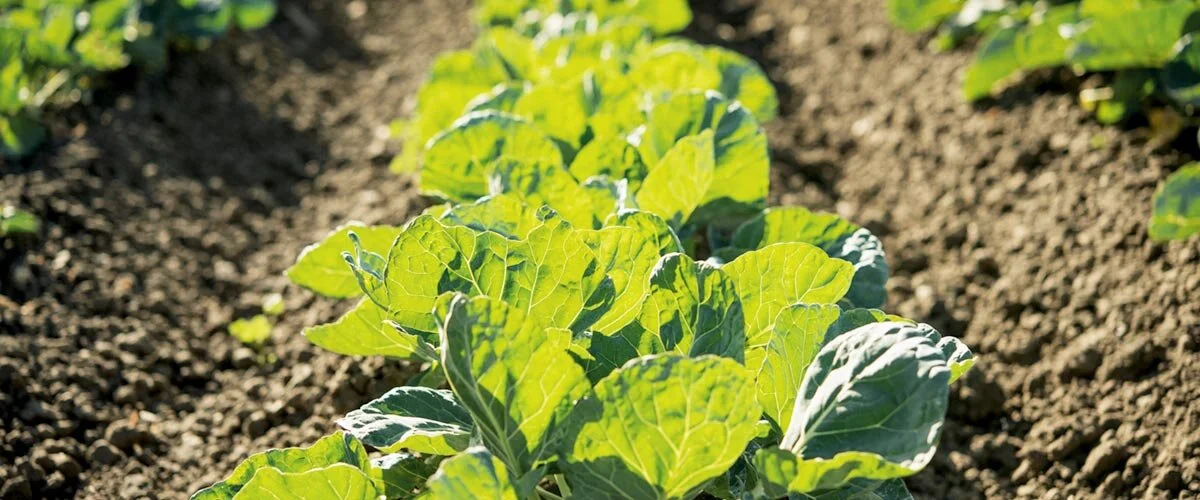Nitrates are thought to work better by increasing blood flow to our skeletal muscle bed, so the vessels that carry the oxygenated blood to our working muscle groups become physically wider so we get more air in. More air in equals a hotter fire. Theoretically, this suggests our endurance capacity is increased because we can run at a higher pace for longer before fatiguing.
Read MoreAll proteins are not created equal at all—no! Even meat proteins vary from animal to animal. Beef has more fat and iron while chicken, for example, tends to be a leaner source of proteins. Fish is again high fat and high protein but has different types of fats than red meat—often considered the good fats, but I’m not sure I agree with that sentiment entirely. Whey protein comes from cow milk, and plant proteins….well those come from plants.
Read MoreAt the end of 2018, Congress passed a Farm Bill that differs from its predecessors in one remarkable way: it removes hemp from the Controlled Substances Act (CSA) and includes it as a viable crop “for agronomic rotational purposes and for use as a habitat for honey bees and other pollinators.” Furthermore, it opens the door for funding research studying the uses of industrial hemp as well as “emerging commercial products derived from hemp.”
Read MoreDid you know that 85% of kids in this country are not getting the vitamins and minerals they need to support proper physical and mental development? This is largely due to the fact that they’re consuming fewer foods that are fortified with the core five food groups—fruits, vegetables, grains, dairy, and protein. As parents, it’s more important than ever to think about the foods we’re consuming with our kids—not only when you sit down for meals, but also when eating on the go.
Read MoreLast month, the journal Pediatrics came out with a study of how common, FDA-approved food additives threaten children’s health. The results were grim, underscoring the fact that the United States is woefully behind much of the world in regulating toxic ingredients like phthalates, artificial colors, and preservatives like nitrates and nitrites…and how the development of our children’s endocrine, nervous, and reproductive systems are at stake.
Read MoreIncreasing the availability of nitrates in our diet means we don’t need to rely on internal mechanisms to produce this compound and can react to challenges on the arterial system quicker. There is also a lot of evidence to show that a healthy more elastic arterial system is associated with a significant reduction in mortality from a cardiovascular event.
Read MoreWe’ve been talking over the last year about the health benefits of eating vegetables in their many different forms, whether fresh, juiced, blended or, of course, as powders. On a personal level, I’m a great lover of veg, and not just because I work in agriculture. My mantra at home―the one that makes my kids roll their eyes―is “Gotta have a veg!” At my house, we eat a veggie with every meal because, if I’m promoting the value of vegetables in my profession, I think it’s important to practice what I preach in my personal life and my diet.
Read MoreIn this blog series, we ask Dr. Fogarty, a nutrition and exercise expert from the UK, to weigh in on how eating vegetables affect our health and athletic performance.
Read MoreVisit any health food store and scan the labels on different meal replacement drinks. The majority of those ingredients? They hail from China, Egypt, and India, countries that historically lack transparency with truth in ingredients.
Read MoreIf you count potato chips, a lot of Americans have been eating a semi-plant-based diet for years… which begs the question: What exactly is a plant-based diet? Researchers at the American College of Cardiology recently studied three iterations of plant-based diets to find that, while a higher intake of whole grains, fruits, and vegetables was associated with a “substantially lower risk of heart disease,” a plant-based diet that emphasized “less healthy plant foods like sweetened beverages, refined grains, potatoes and sweets had the opposite effect.”
Read MoreWe all know dark, leafy green vegetables are good for us. Every day, studies and articles tout the nutritional benefits of consuming foods like kale, spinach and broccoli, which are rich in vitamins, antioxidants, fiber, iron, magnesium, potassium, and calcium, and low in carbohydrates, sodium and cholesterol. In other words, we understand why they’re called superfoods.
Read MoreCan you tell the difference between a functional food, a dietary supplement and a nutraceutical? Most people are aware that what they eat affects their vitality and lifespan, but have no idea where the line between food and drugs really lies. As we’ve discovered, the definition of nutraceuticals vs supplements and functional foods overlap quite a bit, but each retains its own niche in the modern food industry.
Read More












